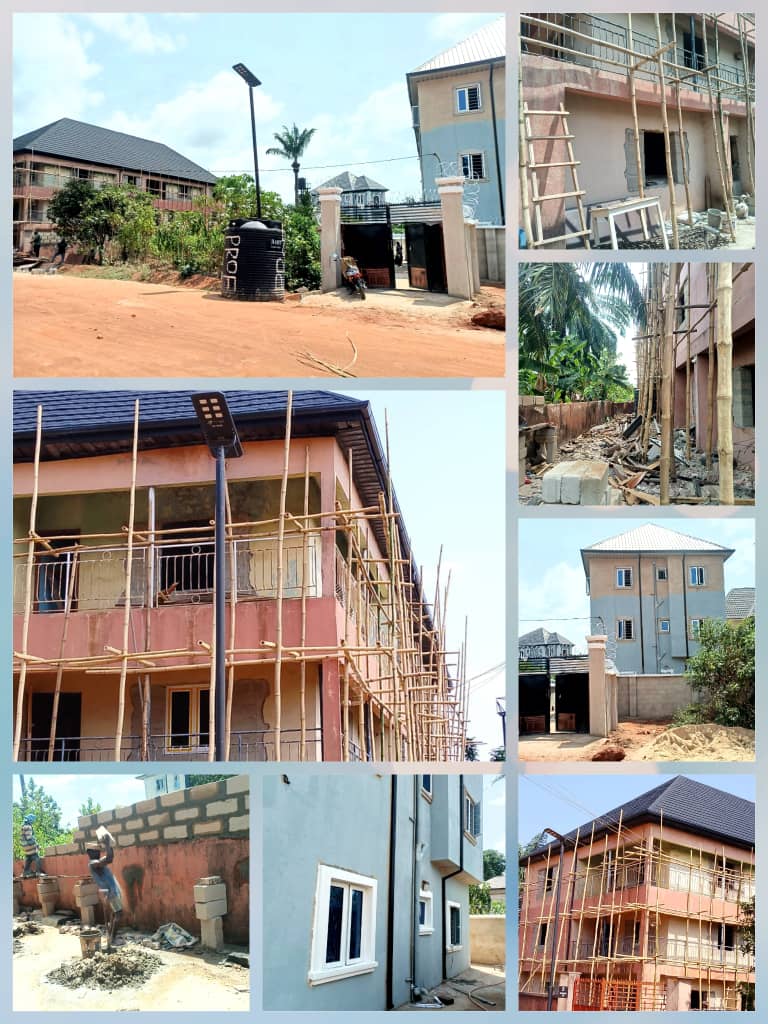Divorce is a sensitive and complex topic in any culture, and IgboLand is no exception. In this article, we will delve into the intricacies of divorce within the Igbo cultural context, examining the traditional practices, societal expectations, and the evolving dynamics of divorce in modern times.
In traditional Igbo society, divorce was not a common occurrence and was viewed as a last resort. Marriages were considered sacred, and divorce was seen as a disruption to the stability of the family unit. In cases where divorce was necessary, it involved a series of rituals and negotiations involving both families.
Divorce in IgboLand could be prompted by various reasons, including infidelity, irreconcilable differences, domestic violence, or infertility. However, divorce was often discouraged, and couples were encouraged to seek reconciliation and mediation before considering separation.
In Igbo culture, the family and community play a significant role in the process of divorce. The families of both spouses would come together to discuss the issues at hand and attempt to find a resolution. Elders and community leaders would often act as mediators, aiming to preserve the marriage if possible.
With the influence of colonialism and modernization, the legal framework surrounding divorce has evolved in IgboLand. Nigerian law now recognizes divorce as a legal process, allowing couples to dissolve their marriages through the court system. This legal aspect has added a new layer of complexity to the traditional practices of divorce.
In recent times, the dynamics of divorce in IgboLand have been influenced by factors such as urbanization, education, and globalization. Women are becoming more empowered and independent, leading to a shift in societal expectations and the willingness to pursue divorce when necessary.
Despite the changing dynamics, divorce still carries some stigma within Igbo society. Divorced individuals may face judgment or social ostracism, particularly from more traditional communities. This can create additional challenges for those seeking to end their marriages.
Recognizing the emotional and psychological toll of divorce, counseling and support services are becoming more accessible in IgboLand.
The Intricacies of Divorce in IgboLand: Navigating Cultural Traditions and Modern Realities




